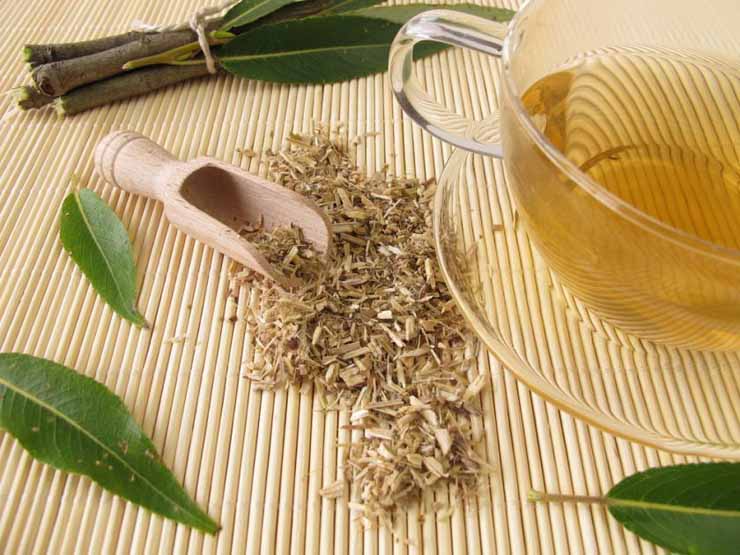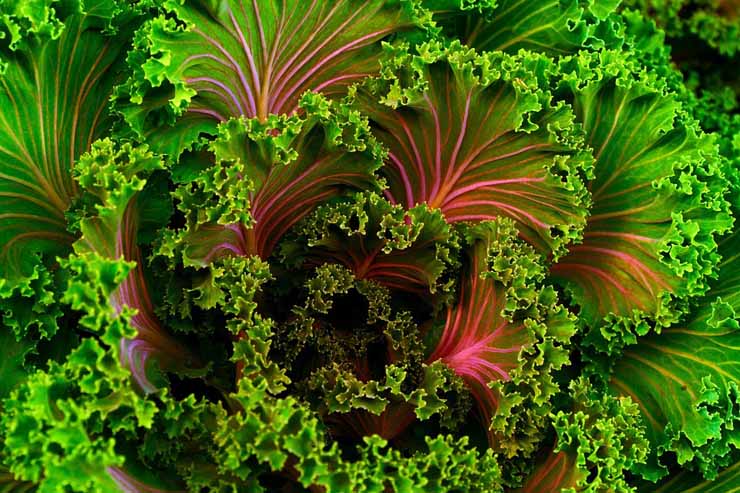
pexels.com
Kidneys are really important workhorses in the body. The small, bean-shaped organs filter waste products from the blood. They also release hormones that regulate blood pressure, help to balance bodily fluids, and create urine. Kidney disease affects about 10% of the world’s population and can be caused by high blood pressure and uncontrolled blood sugar. Other factors like age, smoking, obesity, and gender also play a part. When the kidneys aren’t functioning optimally, waste products from food build up in the blood and make the body quite ill.
The diet that must be followed by people with kidney disease varies a lot based on its stage. Early stages have different restrictions than people with end stage renal disease. Beyond dietary changes, you may need dialysis and possibly a kidney transplant. If you have been diagnosed with kidney disease or if it runs in your family, it is smart to educate yourself on the best healthy food choices. We’ve got a list of safe things to eat with kidney disease, but please consult with your doctor for the best amount and combination of these foods for your particular situation.
Before we dig into the good stuff, know that in general, people with kidney disease will be asked to limit certain nutrients that are found in a lot of different foods. The three big ones are sodium, potassium, and phosphorus. Protein may be limited in the early stages of kidney disease and increased in patients whose condition is more advanced and requires dialysis. As a start, here is a list of tasty and healthy foods that are low in phosphorus, potassium, and sodium.

nyphotographic.com
1. Cauliflower
Cauliflower is a vegetable full of vital nutrients like vitamin C, vitamin K, and folate (B vitamin). It also has a nice amount of fiber to help with digestion and certain anti-inflammatory compounds called indoles. Cauliflower can be eaten raw or roasted, even mashed in the place of potatoes.
In one cup (124 grams) of cooked cauliflower:
- Sodium: 19 mg
- Potassium: 176 mg
- Phosphorus: 40 mg

pexels.com
2. Blueberries
Blueberries are one of the best fruits you can eat for your whole body. They are high in antioxidants called anthocyanins, which help reduce risk of heart disease, diabetes, cognitive decline, and certain cancers. They are also fantastic for kidney patients as they are low in sodium, phosphorus, and potassium.
In one cup (148 grams) of fresh blueberries:
- Sodium: 1.5 mg
- Potassium: 114 mg
- Phosphorus: 18 mg

wikimedia.org
3. Sea Bass
Sea bass is recommended for people with kidney disease because it is a high-quality protein that contains healthy omega-3 fats with a lower level of phosphorus than other seafood. It is still important to consume sea bass in moderation, but a diet rich in omega-3s also helps to moderate depression, anxiety, and cognitive decline.
In three ounces (85 grams) of cooked sea bass:
- Sodium: 74 mg
- Potassium: 279 mg
- Phosphorus: 211 mg

pexels.com
4. Red Grapes
Red grapes are high in vitamin C and contain antioxidants called flavonoids, which reduce inflammation in the body. They also feature a particular kind of flavonoid called resveratrol, which is touted for its ability to benefit the heart, regulate blood sugar, hold off cognitive decline, and protect the skin from sun exposure and aging.
In ½ cup of red grapes:
- Sodium: 1.5 mg
- Potassium: 144 mg
- Phosphorus: 15 mg

pexels.com
5. Egg Whites
Egg yolks are highly nutritious, but also contain a lot of phosphorus, so folks with kidney disease do best to stick to the whites. Egg whites are high in protein but low in phosphorus, so they are often especially recommended for people who are undergoing dialysis. Dialysis patients typically have higher protein needs.
In two large egg whites (66 grams):
- Sodium: 110 mg
- Potassium: 108 mg
- Phosphorus: 10 mg

pexels.com
6. Garlic
Because kidney problems require a reduction in sodium, you may be worried about losing the enjoyment of flavorful food, too. Luckily, garlic is a wonderful alternative to salt that also offers its own nutritional benefits. Garlic contains vitamin C, vitamin B6, manganese, and certain sulphur compounds that are anti-inflammatory.
In three cloves (9 grams) of garlic:
- Sodium: 1.5 mg
- Potassium: 36 mg
- Phosphorus: 14 mg

pixabay.com
7. Buckwheat
Whole grains are a vital part of a healthy diet, but many of them are high in phosphorus. Buckwheat is an excellent alternative. It offers nutrition in the form of magnesium, iron, fiber, and B vitamins. As a bonus, it is gluten-free and safe for people with gluten intolerance, all while containing very low amounts of the things you need to avoid.
In ½ cup (84 grams) of cooked buckwheat:
- Sodium: 3.5 mg
- Potassium: 74 mg
- Phosphorus: 59 mg

pexels.com
8. Olive Oil
Olive oil not only contains healthy fats, it is entirely free of phosphorus. It is especially good for people with kidney disease because they tend to have trouble maintaining a healthy weight. The fat in olive oil is mostly a monounsaturated version called oleic acid, which can also reduce inflammation. It is good for cooking because it can withstand high temperatures, but also great in salad dressings.
In one ounce (28 grams) of olive oil:
- Sodium: 0.6 mg
- Potassium: 0.3 mg
- Phosphorus: 0 mg

pxhere.com
9. Arugula
Conventional nutrition information suggests lots of dark leafy greens like spinach and kale. While these are extremely healthy foods, they are also high in potassium and therefore not recommended on a renal diet. Arugula is a great alternative. It is both low in potassium and high in vitamin K, manganese, and calcium. It also contains nitrates, which are known to lower blood pressure, another important consideration for people with kidney disease.
One cup (20 grams) of raw arugula contains:
- Sodium: 6 mg
- Potassium: 74 mg
- Phosphorus: 10 mg
Again, your doctor will give you specific guidelines for your diet with kidney disease, but we hope we have given you a good idea of some whole foods and ingredients that can combine into healthy, flavorful meals. Most packaged foods contain way too much sodium, but it can feel really good to stretch your culinary talents and prepare fresh kidney-friendly meals from scratch. Go for it, you won’t be sorry!



Leave a Reply